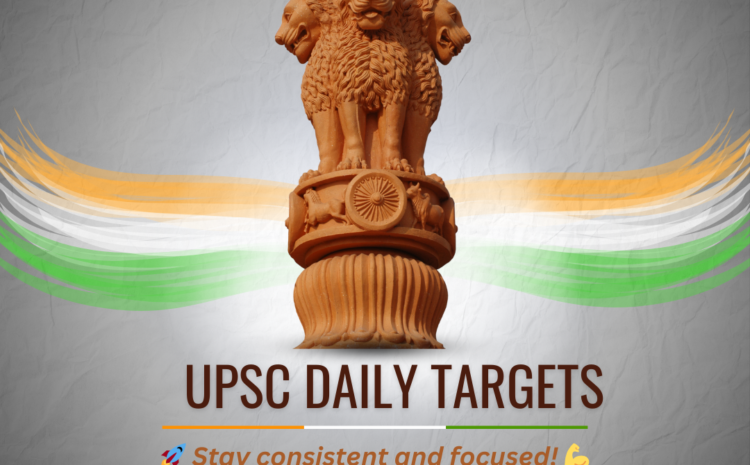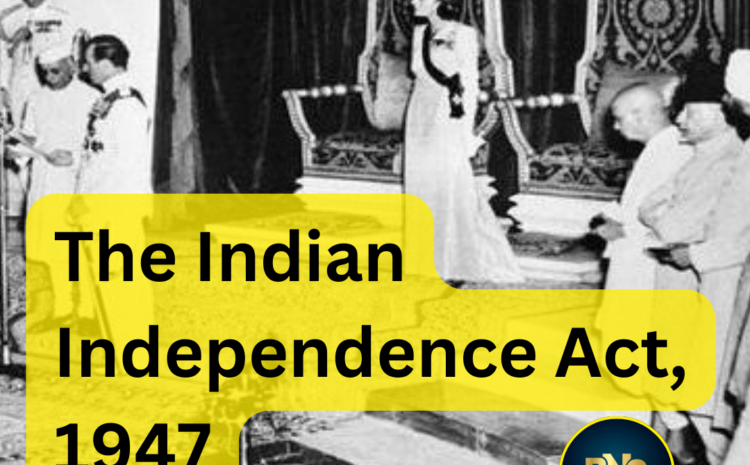The economic policies implemented by the British Raj in India were not mere abstract financial maneuvers; they profoundly reshaped the […]
The British conquest of India wasn’t just a political takeover; it was a systematic dismantling of the Indian economy. Two […]
The commercialization of agriculture during British rule in India marked a profound shift in the country’s agrarian landscape. Driven by […]
The British East India Company, and later the British Raj, fundamentally reshaped the Indian agrarian landscape through a series of […]
1. Assertion (A): The Regulating Act of 1773 introduced a Governor-General for all of British India.Reason (R): It was the […]
On Day 8, you will explore the historical evolution of the Indian Constitution, a crucial topic in Indian Polity. Your focus will be on key British-era laws such as the Regulating Act of 1773, Pitt’s India Act of 1784, and…
Nearly 200 years of colonial dominance came to an official end when India and Pakistan earned independence from British rule […]
Preparing current affairs for the UPSC Civil Services Examination (CSE) requires a strategic approach, considering the distinct demands of the Prelims and Mains stages.
Mastering current affairs, not just memorizing them. It's a crucial skill for any competitive exam, especially the UPSC
On Day 7, your focus is on two crucial aspects of Modern Indian History: The Revolt of 1857 and 19th-Century Social-Reform Movements. The 1857 Revolt, also known as India’s First War of Independence, was a turning point in colonial rule.…




